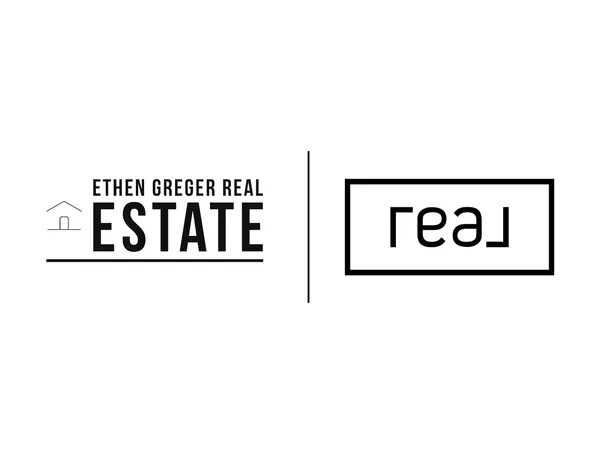The Rise of AI in Real Estate Pricing and Home Search

Artificial Intelligence (AI) is rapidly changing the way real estate markets operate, particularly in the areas of pricing and home search. By analyzing vast amounts of data and learning from market trends, AI is providing valuable insights that benefit both buyers and sellers. Here’s how AI is influencing real estate pricing and the home search process.
1. AI-Powered Pricing Models
AI is revolutionizing real estate pricing by providing more accurate and dynamic home valuations. Traditionally, pricing a property was based on comparable sales (comps) and market trends. Now, AI models use machine learning algorithms to analyze thousands of data points, including historical prices, local market trends, and even environmental factors, to predict a home’s market value.
These AI-powered pricing models are helping sellers set more competitive prices and giving buyers a better understanding of a property’s true value. By considering factors that traditional pricing models may overlook, AI can provide a more precise and data-backed estimate.
2. Dynamic Pricing Adjustments
In addition to helping with initial pricing, AI can also assist with adjusting property prices in real time based on market fluctuations. AI algorithms can track trends like supply and demand, interest rates, and buyer preferences, automatically adjusting property values accordingly. This allows sellers to stay competitive and adjust their pricing strategy as the market shifts.
For example, if a nearby neighborhood experiences a surge in demand, AI can predict how this might affect property values in surrounding areas, offering sellers valuable insights into when to list or adjust their price.
3. Enhanced Home Search with AI
AI is also transforming the home search process by making it smarter and more efficient. Platforms like Zillow and Redfin use AI to help buyers find homes that match their preferences by analyzing previous searches, user behavior, and even social media activity to offer personalized property recommendations.
AI can also help eliminate homes that don’t meet a buyer’s criteria. For example, if you’re looking for a home in a specific school district or within a particular price range, AI algorithms can filter through thousands of listings to provide the best options, saving buyers time and effort.
4. Predicting Market Trends
AI is also able to predict market trends by analyzing vast amounts of historical and real-time data. These predictive models can forecast how the market is likely to perform in the coming months or years, helping buyers and sellers make more informed decisions. For example, AI can predict which neighborhoods will experience the most significant price appreciation, allowing buyers to target areas with high growth potential.
5. AI in Virtual Tours and Personalized Experiences
Another exciting development is the integration of AI into virtual home tours. AI can personalize virtual tours based on a buyer’s preferences, highlighting features they’re likely to care about. For example, if you’ve previously searched for homes with large kitchens or backyard space, the AI in the virtual tour may prioritize these features to give you a more tailored experience.
6. Streamlining the Offer Process
AI tools can also streamline the offer process by helping buyers craft competitive offers. By analyzing past transactions in the area and identifying key variables (such as offer price, contingencies, and timing), AI can suggest the most effective offer strategies to increase the likelihood of acceptance.
In conclusion, AI is reshaping real estate pricing and home search by offering data-driven insights, predictive analytics, and smarter personalization. As AI continues to evolve, it will likely play an even more significant role in shaping the way buyers and sellers interact with the market.
Categories
- All Blogs (46)
- Buying (3)
- Financing Your Home (3)
- Home Maintenance and Upkeep (3)
- Investing (3)
- Local Market Forecast and Predictions (3)
- Market Insights and Trends (3)
- Navigating Real Estate Legalities (3)
- Neighborhood Spotlights (3)
- Real Estate for First-Time Buyers (3)
- Real Estate Tips for Buyers in Competitive Markets (3)
- Sellers (3)
- Technology and Real Estate (3)
Recent Posts











